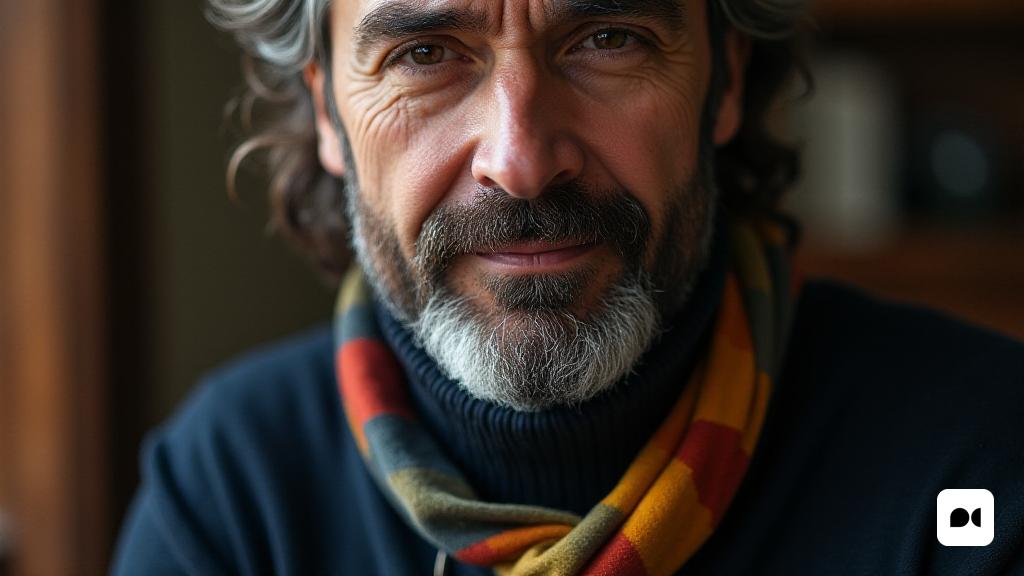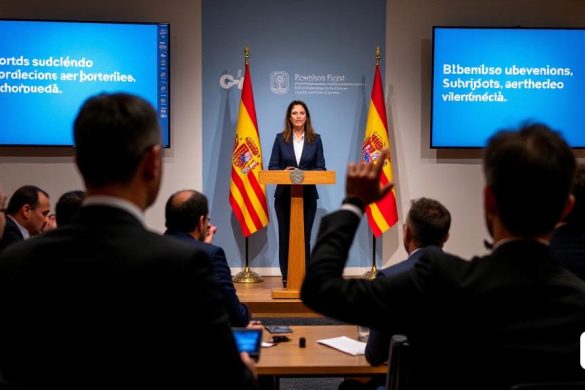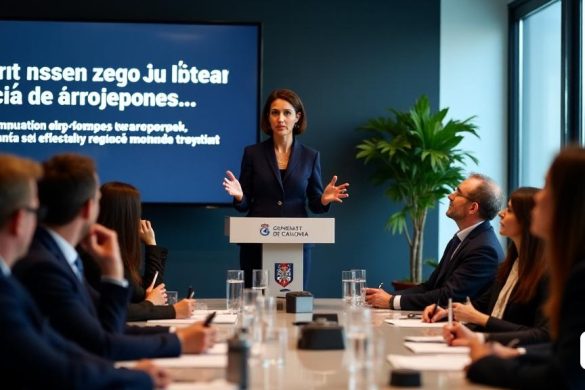A lit debate about crime
Recently, Catalonia has been shaken by a series of violent crimes that have aroused concern among the population. Catalunya Ràdio has addressed this problem, giving voice to various opinions that reflect the diversity of perspectives on the origin of criminals.
The posture of Montserrat Nebrera
Former MP Montserrat Nebrera exposed a point of view that has gained ground in public opinion, despite the resistance of traditional media. Nebrera identified common factors that are often linked to violence, including family clans, youth bands and drug trafficking, emphasizing the importance of origin in these cases.
Ricard Ustrell’s reaction
Presenter Ricard Ustrell, in response to Nebrera, defended an opposite position. He emphasized the need not to attribute crime to specific groups, arguing that doing so does not help the situation. ‘We must separate’ the causes of the crime of the profiles of the criminals, said Ustrell, suggesting that alternative approaches could be just as valid.
A debate about the relevance of the origin
Former TV3 director Vicent Sanchis countered Ustrell’s argument, saying that the origin can be a key factor in understanding certain criminal dynamics. “We need to report what happens,” said Sanchis, reiterating the need for transparency in media coverage.
The responsibility of the media
The comments of Nebrera and Sanchis showed the responsibility that the means have in the dissemination of accurate information. The Tertulians reminded Ustrell that, as director of a great audience news program, their task is to inform, not to hide data to avoid stigmatization.
A new look at the debate
The discussion of the origin of the criminals is not only relevant from a criminological point of view, but has also been questioned by experts who argue that ignoring this information can perpetuate confusion in society. According to Sanchis, ‘If we do not understand the origin, we cannot properly address the underlying problems’.
A critical perspective
This controversy has caused figures from various fields, including those with diverse ideologies, to be united to challenge the idea that hiding the origin of criminals is a viable solution. Montserrat Nebrera emphasized that ‘traffickers do not act out of necessity, but by opportunism’.
Final reflection
With a debate that continues to evolve, it is clear that the question of the origin of the criminals and the responsibility of the media is essential to approach insecurity in Catalonia. The need for a more open and informative approach is increasingly urgent in a society that seeks to better understand the causes of crime.




